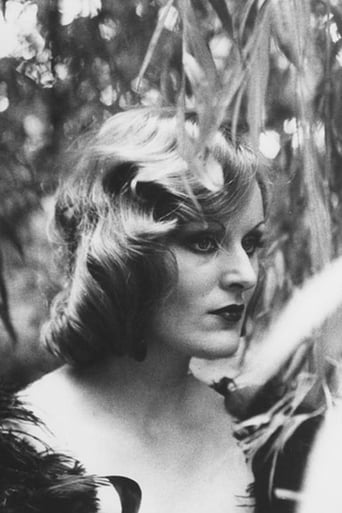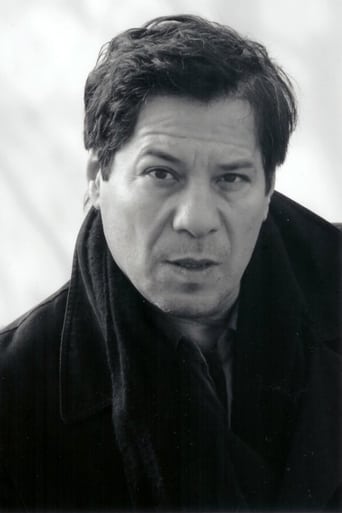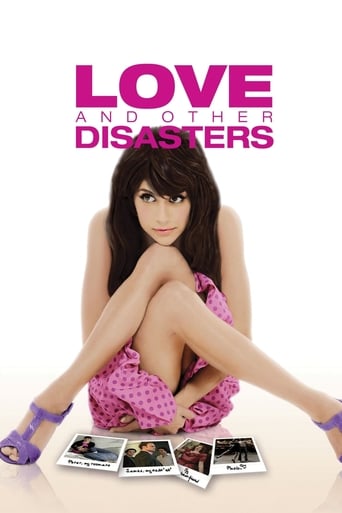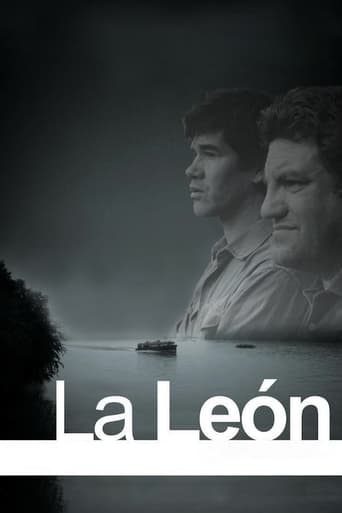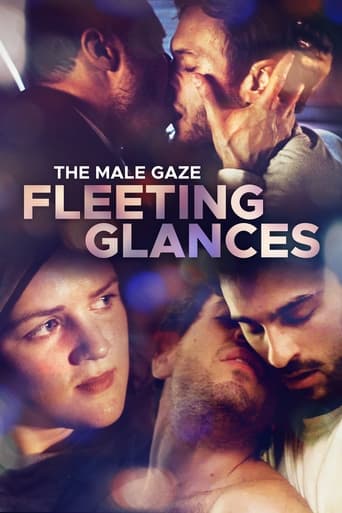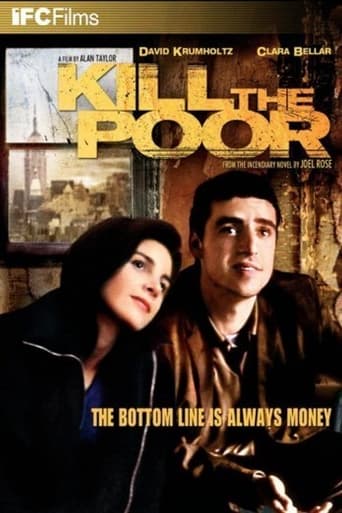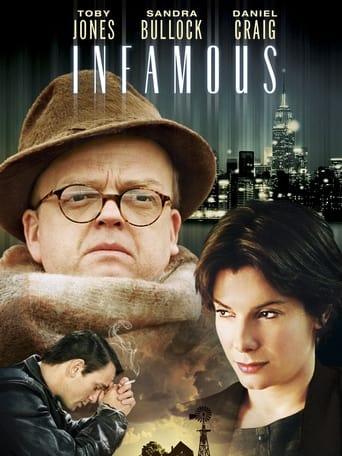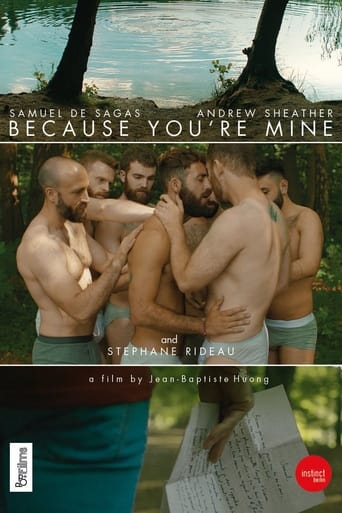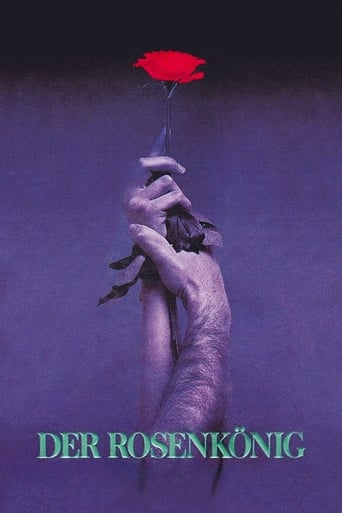

The Rose King (1986)
A mentally unstable woman and her son move to a sprawling mansion in Portugal to grow roses.
Watch Trailer
Cast
Similar titles
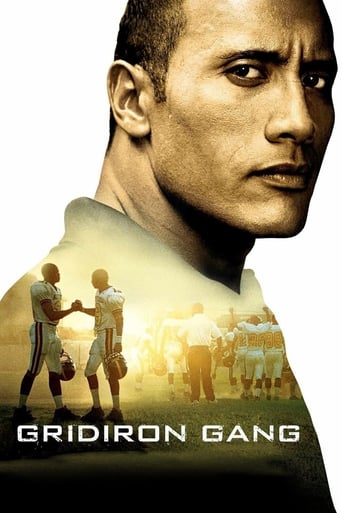
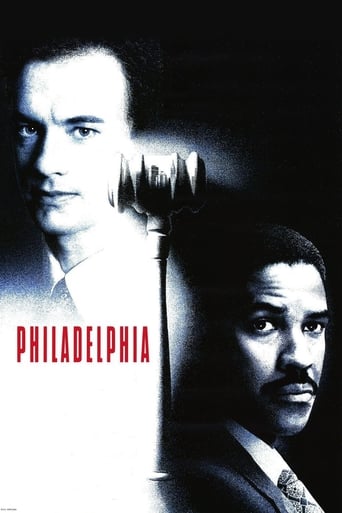
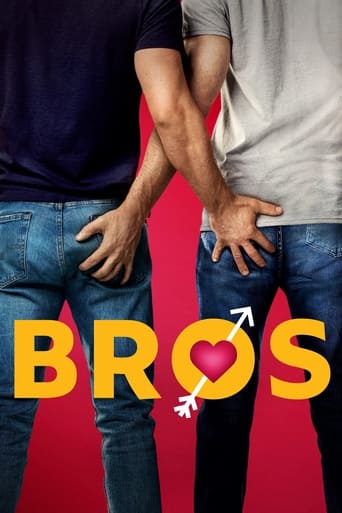

Reviews
Save your money for something good and enjoyable
Unshakable, witty and deeply felt, the film will be paying emotional dividends for a long, long time.
This film is so real. It treats its characters with so much care and sensitivity.
The movie turns out to be a little better than the average. Starting from a romantic formula often seen in the cinema, it ends in the most predictable (and somewhat bland) way.
A vastly different take on depression, perception and emotional growth.Admittedly, not an easy watch, however, please bear with me here and try.Try to go in with an open mind and watch this film, not as an effort to a coherent narrative, but as a moving painting trying to immerse you into a scattered, unfinished emotive state which you have to complete with your own impressions.It will take some work but if you can look past certain rather viewer-taxing techniques on Schroeter's part, this exercise in patience will very quickly result into something you will, at the very least, forever remember.
"Der Rosenkönig" or "The Rose King" is a West German film from 1986, so it has its 30th anniversary this year. The director is Werner Schroeter and he also wrote this film together with his lead actress Magdalena Montezuma based on a poem by Edgar Allen Poe. The film runs for slightly over 100 minutes. Montezuma worked with Schroeter on several occasions and this is her very last on-screen performance before her untimely death. The title already gives away that roses play a major role in this film, or do they really? I personally felt the inclusion of these flowers served nothing other than to make a connection to the title really. Still, I must say I have seen worse from Schroeter and at least there are occasional indicators of decent story-telling, mostly in the first half and also some solid music, two aspects that are missing in other Schroeter films entirely despite his attempts to include them there too.Nonetheless, the film dragged a lot and I cannot say I cared for any of the characters at all, or for the story. Yes it is a very strange film for sure and I also think this one may have worked better on the stage as a theater play. As a film, there is really nothing memorable about it except its bizarreness. The performances are also not memorable and the title is misleading as the movie is mostly about Montezuma's character, so it should be called "The Rose Queen" / "Die Rosenkönigin" perhaps. Schroeter, who died over five years ago, was very prolific in the 1970s and 1980s, but then did not make too many films after 1986 anymore. Several of his works are female-centered (like Fassbinder, who also worked with Montezuma), but judging from what I saw here, I cannot say I care a lot about other films from his body of work. I don't recommend the watch.
Werner Schroeter's movies are known to be difficult to approach, at least if one comes from the background of literature-based film theory and searches for subject-predicate structures, topic-comment distribution or the connection of stereotypes. All these strategies have in common that they are based on 2-valued logic which imitates the physical schema of cause and effect in language. Although many film makers have tried to replace these rationalist structures by associative structures, the material has been proved rather stubborn, and we are today still heaven-wide distant from even the basics of a theory of associations which goes beyond the rather primitive, behavior- based fundamentals of the psychology of the early 20st century.However, as Schroeter continues to prove, it is well possible to develop whole narrative structures which are not based on rationalist preconditions. An important procedure in "Der Rosenkönig" (1986) is the use of metaphor and ritual and to create a semiotic-based double world, starting from Pre-Illumination concepts. While surrealism, as the term correctly predicts, starts with reality which is transcended (by usually reality-based methods), the semiotic worlds of Schroeter are not found in the reality of objects, but, in the opposite, the reality of objects are found in the semiotics of associative systems. Not the object and its reality are primordial, but the sign and it thematics. If somebody would have the capacity to extract a metaphysics of how Schroeter actually creates (and not depicts) reality, we would have a theory of a new world that would deserve its name. A world in which the word is substituted by a metaphor and the objective acts are substituted by rituals. (Needlees to say that in the letter device Schroeter goes way beyond Pasolini whose later work may have been Inspiratory for "Der Rosenkönig" as the Rose-King himself plays one of the victims in Pasolini's "Salo".)
The IMDb classifies the genre of the film as Drama/Musical, but "Pretentious Nonsense" is probably a more accurate characterization, even if this is a little unkind. The film is certainly pretty to look at; each scene is (visually) as carefully composed as an oil painting, and the slow pace combines these images to an overall impression that is not unlike visiting an art gallery, i.e. moving from picture to picture, pondering over each for a while.The classical music accompanies this well and enhances that emotion, and the characters' movement have a certain balletic quality that fits to the mood.However, that alone does not make a movie. There is barely a story extractable from the proceedings, and the personal relationships between the characters do not ring true, not physically, not emotionally; they are just weird. Ballet has similar difficulties when it tries to tell its audience a story, but there is little justification for maintaining this difficulty at the cinema, just for the heck of it.The film is certainly watchable, like a piece of art, and is in this sense a vast improvement over Schroeter's dreadful "Das Liebeskonzil", but it does not engage the audience. In other words: for toffee-nosed elitists only.
